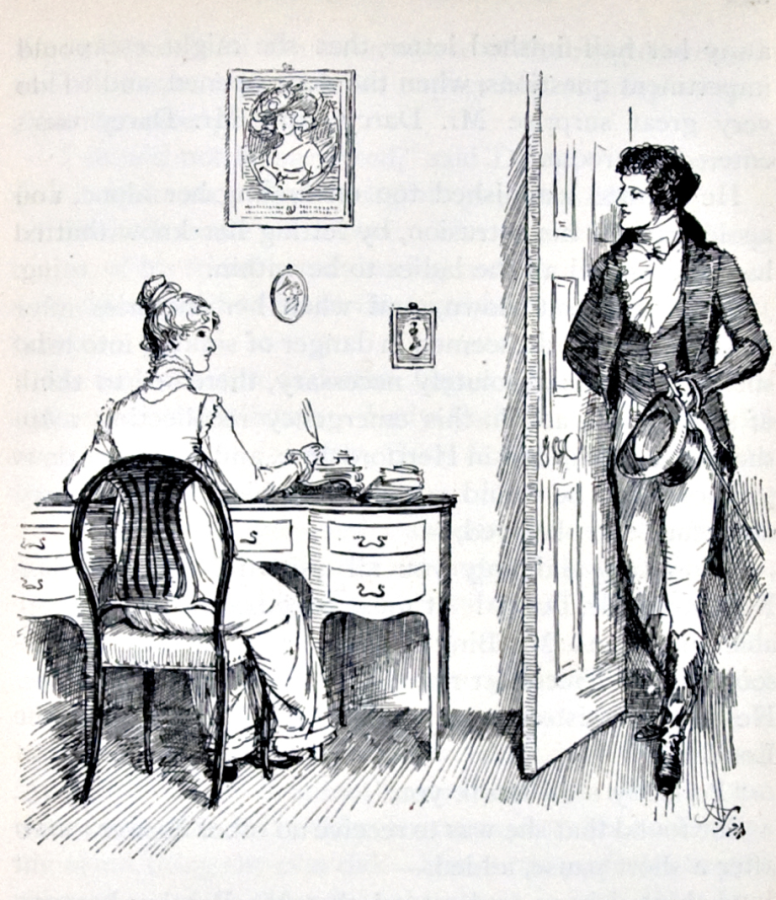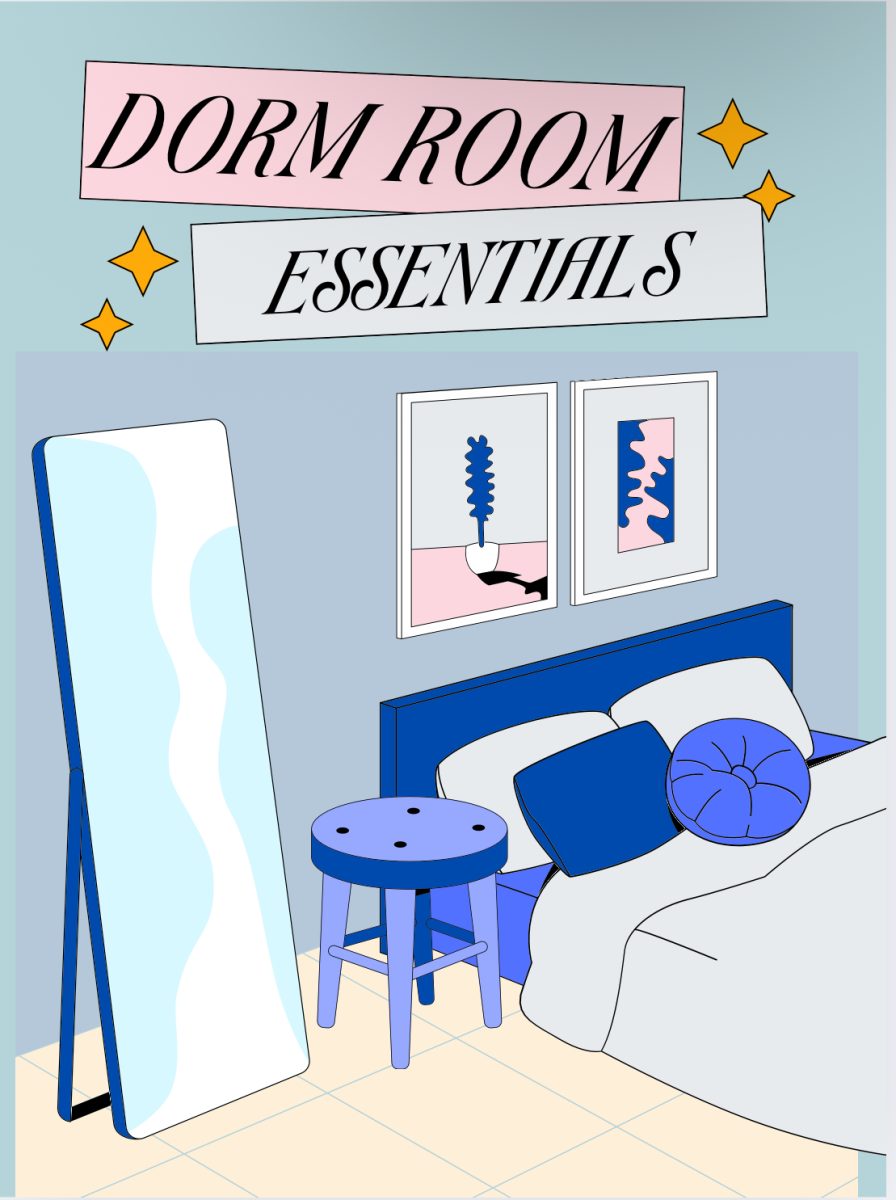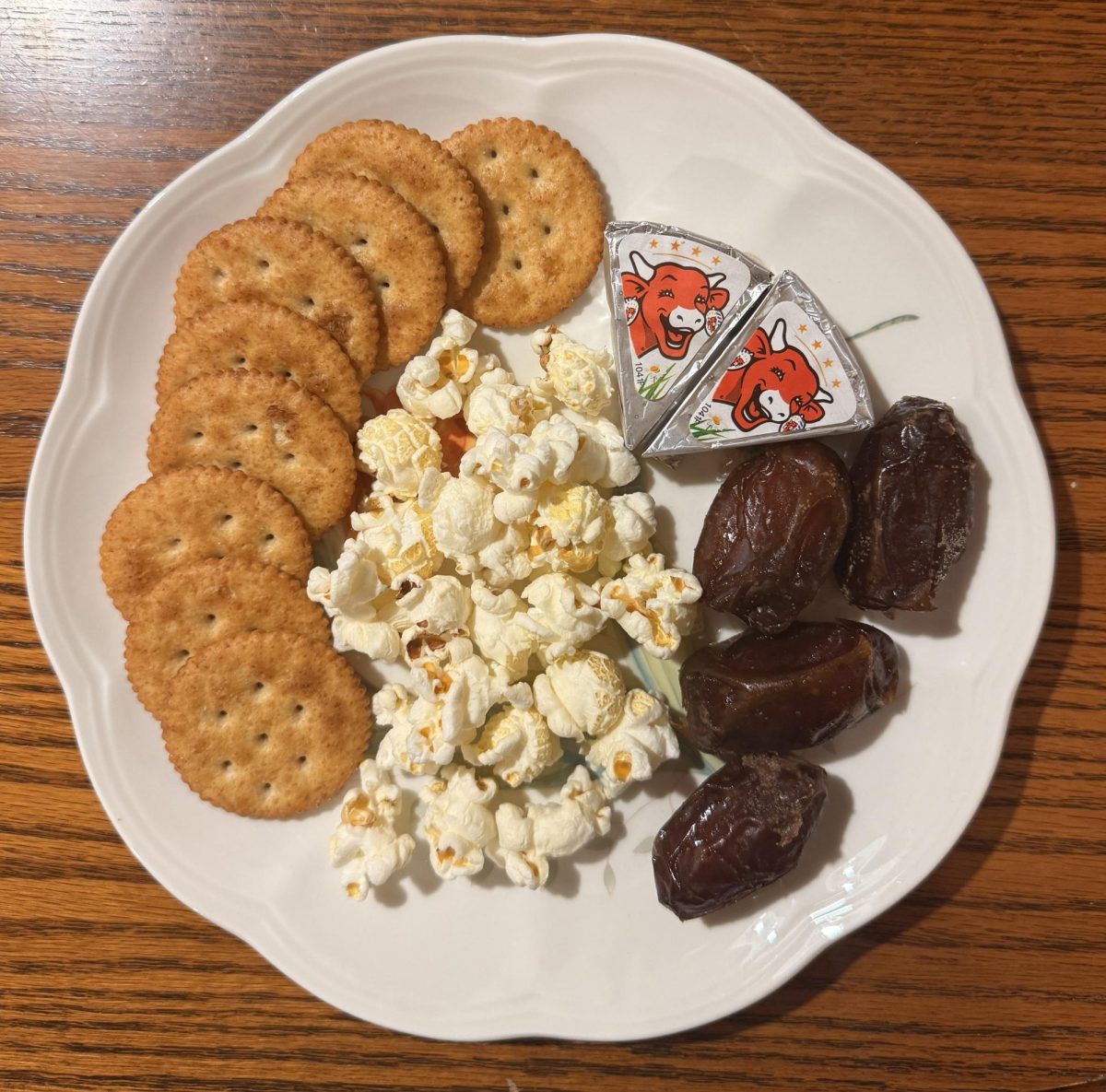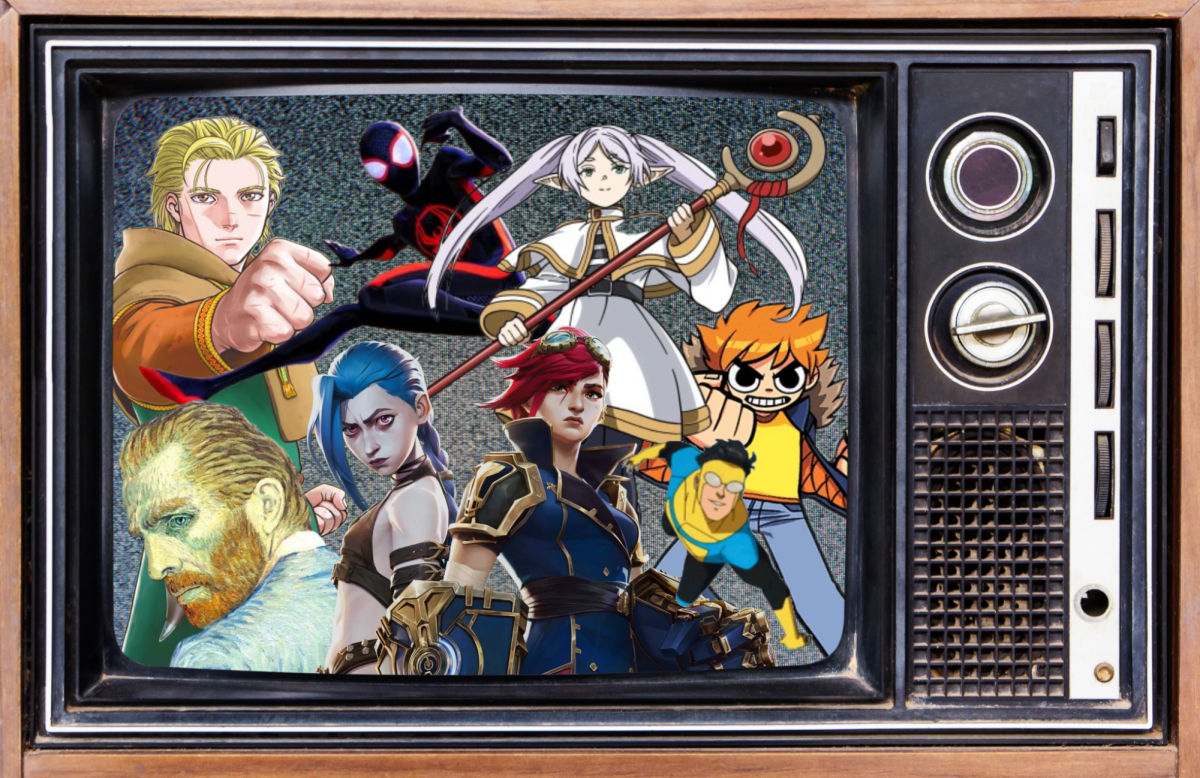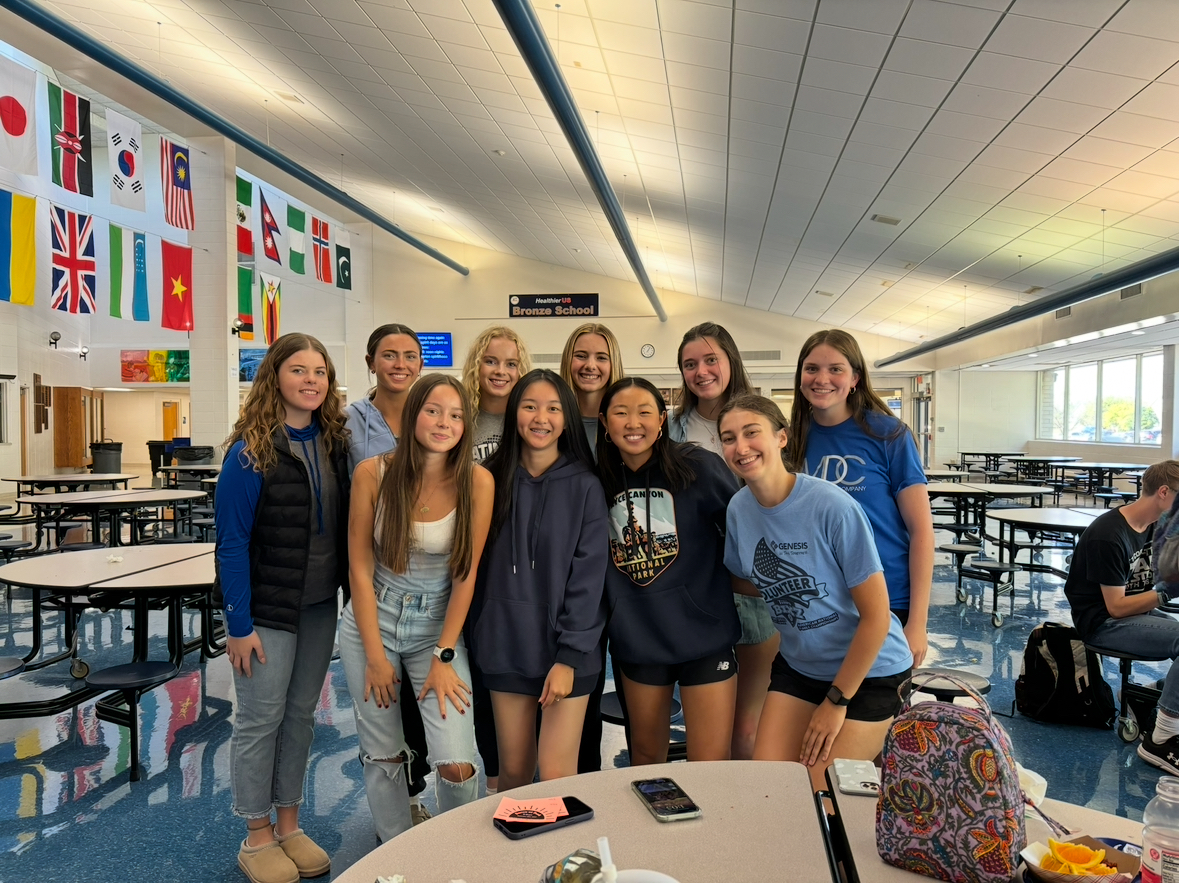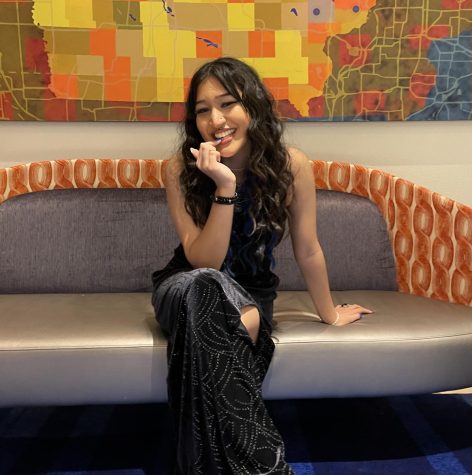It is indisputable that most fiction employs several tropes, but not all of them are necessary. Here is a list of a few popular tropes in fiction, whether that be literature or film, ranked as either good, awful or questionable.
The good
Enemies-to-lovers
It is no surprise that enemies-to-lovers is one of the most popular tropes in literature, film, TV and more. Audiences are entranced by the romantic tension created through banter between so-called “enemies.” Nothing compares to the satisfaction of seeing a bickering pair finally get together at the end, despite knowing that it was going to happen all along. Some of the best works including this trope are “Pride and Prejudice,” “10 Things I Hate About You,” “Atonement” and “Cruel Intentions.
The tragic/tormented genius
This trope can be dangerous as it blurs the lines between romanticization of mental illness versus simple representation, but one cannot argue that audiences do not enjoy it. Seeing those with above average cognitive abilities spiral into madness can incite pain and fear in audiences, but going on a journey with the tragic genius and finishing it with them provides a cathartic feeling like no other. A few great works that incorporate this trope are “Frankenstein,” “Good Will Hunting” and “The Royal Tenenbaums.”
Historically, this trope has been seen in a negative light. It represented real life fears men had of their masculinity being threatened by a powerful woman who could use her femininity to seduce, control and even kill. In older movies, this trope may have harmed women because the femme fatale’s femininity itself made her dangerous, and she was always punished for her wrongdoings by death in the end. Today, it may not be inherently feminist, but the trope gives some otherwise flat female characters depth and shows how women sometimes feel forced to use patriarchal constructions of femininity to their advantage in a misogynistic world. Some titles that use this trope include “Gilda,” “Jennifer’s Body” and “Under the Skin.”
The Awful
The manic pixie dream girl
Audiences have had enough of watching lame men break out of their shells after falling in love with a manic pixie dream girl (MPDG). Defined as “a type of female character depicted as vivacious and appealingly quirky, whose main purpose within the narrative is to inspire a greater appreciation for life in a male protagonist,” MPDGs feed into unrealistic male fantasies and fail to give female characters room for their own depth and purpose. The list of works with this trope is seemingly infinite, but some that satirize it well are “Scott Pilgrim vs. the World” and “(500) Days of Summer.”
The white savior
This trope has continued to set back civil rights progress for years. To insinuate through fiction that an important white protagonist must rescue less prominent marginalized characters is racist and xenophobic. Unfortunately, it translates into the real world in terms of the “white savior complex,” and it is time for society to leave this harmful concept behind. “Dune” is a good science fiction series that makes readers think more deeply about white saviorism.
The Questionable
The final girl
Perhaps one of the most popular horror story tropes, the final girl is not great but may still be redeemable. Audiences must recognize its roots in misogyny: the last girl left to live has always been an innocent, pure and studious virgin. Her reward for being the construction of society’s perfect women was life, and any other type of woman in the story was punished for promiscuity. Today, the final girl has evolved. She does not have to be written at the hands of men and can express several different realities of women. A few horror titles with strong female characters are “Us,” “Carrie,” “The Craft,” “Ginger Snaps” and “Suspiria.”
Some tropes must be deconstructed and left behind, but others can be entertaining and useful. Good audiences should ensure that their entertainment does not fall victim to harmful or useless tropes. To learn more about tropes in film and television, check out some Youtube channels such as The Take, Broey Deschanel, Pop Culture Detective and Yhara Zayd.


